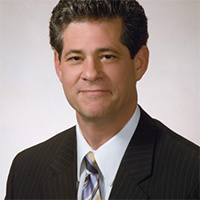Victoria RICO Act Lawyer, Virginia
Sponsored Law Firm
-
 x
x

Click For More Info:
-
The Law Offices of Richard L. Cooper, P.A.
848 Brickell Avenue Suite 800 Miami, FL 33131» view mapDWI/DUI, Drug Trafficking, Felony Nationally Ranked Top 40 Under 40
With Richard L. Cooper you can expect a trusted confidant who will work diligently to fully understand your case and determine a road map to help you regain control of your life.
800-756-2781
Not enough matches for Victoria RICO Act lawyer.
Below are all Victoria Criminal lawyers.
Michael Glendon Henkle
✓ VERIFIEDGlen Henkle is a lifelong Virginian whose family has proudly called this state home for over 200 years. Although born in Richmond, he was raised and a... (more)
Stephen Vaughan Sommers
✓ VERIFIEDSTEPHEN V. SOMMERS (licensed in Virginia 1999, Texas (1997), Maryland (1996)), was born at Camp Pendleton, CA, October 4, 1956 and educated at Troy St... (more)
Wayne Barry Montgomery
✓ VERIFIEDMr. Montgomery has over 15 years of trial litigation experience in criminal law, personal injury law (car accidents and medical malpractice) and emplo... (more)
FREE CONSULTATION
CONTACTPreston Williams
FREE CONSULTATION
CONTACT
 Richard L. Cooper Miami, FL
Richard L. Cooper Miami, FL AboutMiami Attorney at Law
AboutMiami Attorney at Law ServicesCriminal Defense
ServicesCriminal Defense



